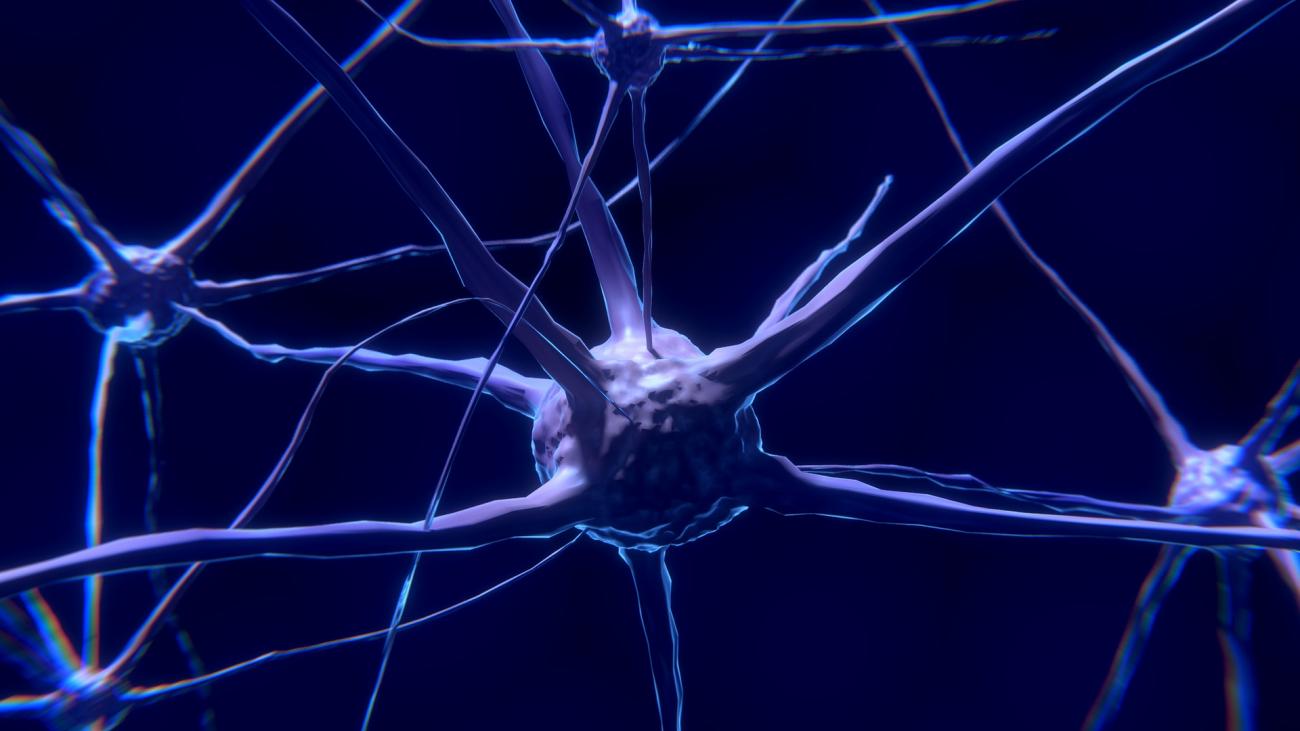Dr. Ahmed received his Bachelor and PhD degrees from the University of Punjab, Pakistan. He accomplished his pre-doctoral as well as his post-doctoral trainings at the National Institute for Deafness and Communication Disorders, NIDCD/NIH. In 2009 he joined the Cincinnati Children’s Hospital Medical Center, and University of Cincinnati, Cincinnati, Ohio as an Assistant Professor of Ophthalmology, Otolaryngology and Human Genetics. He was subsequently promoted to Associate Professor with tenure in 2013. In July 2014, Dr. Ahmed joined the University of Maryland as an Associate Professor of Otorhinolaryngology, Ophthalmology and Biochemistry. In July 2016, Dr. Ahmed was promoted to Professor rank. Dr. Ahmed’s scientific accomplishments have earned several national and international awards, including Career Development Award by the RPB Foundation, a Medal of Honor by the President of Pakistan, O’Brien Trust Award, Deborah Munroe Noonan Memorial Research, and Maryland Innovation Initiative (MII) Award, Maryland Technology Development Corporation (TEDCO), State of Maryland. He has been continuously funded as a principal investigator since 2007.
Our lab is studying the molecular and genetic basis of Usher syndrome (USH; deaf-blindness) and oculocutaneous albinism (OCA), utilizing human, mouse, and zebrafish genetics. For these studies, large families segregating inherited USH and OCA are being collected. Mutant mouse and zebrafish models have been developed, and we are now evaluating them to understand the function of new genes. Functional analysis of the newly identified genes associated with deaf-blindness and OCA promises new insights into the molecular mechanisms of vision and auditory development. Identification of causative gene variants for vision and hearing loss, and concomitant discovery of molecular pathways that are disrupted during the said disorders have provided potential therapeutic targets. Future treatment of vision and deafness will inevitably include gene therapy and antisense delivery. We are using viral-based gene delivery protocols to rescue the hearing and vision loss in Usher syndrome mouse models. However, targeting and expression in a cell-type-specific manner is challenging and a limitation. Non-viral-based gene delivery vectors like nanoparticles are the most promising types of delivery systems that can be used for selective targeting. Jointly with my colleague Dr. Riazuddin at University of Maryland, we are also actively pursuing strategies based on various RNA nanoparticles for specific delivery of small molecules like siRNA and genes to targeted cells in the retinal and cochlear sensory epithelium.




